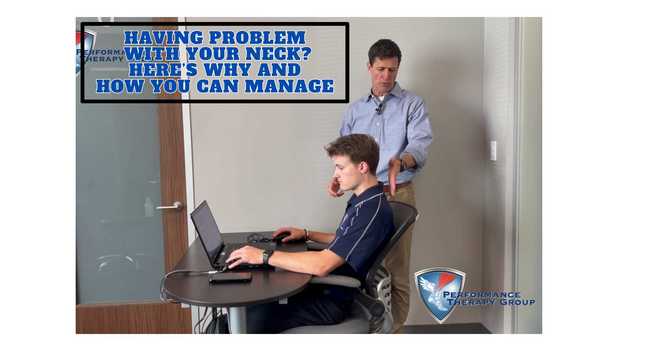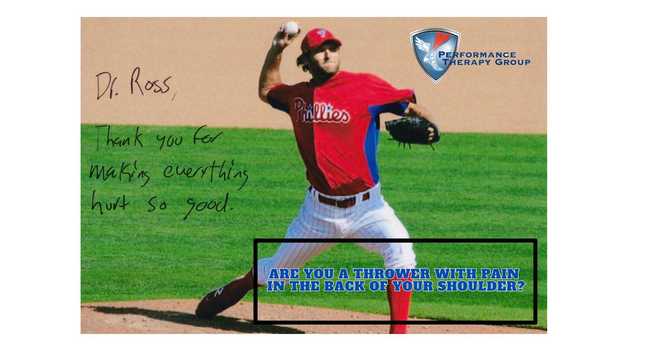
Bottom Line:
If you can walk away after a car accident without any catastrophic injuries, you should certainly consider yourself lucky. But there is something important we want you to commit to your memory right now.
Even if you feel ok after exchanging information and speaking with the police, it is always a good idea to see a chiropractor after an accident.
With your adrenaline pumping directly after an accident, your brain may not truly register the pain signals coming from your body.
It's only after you have some time to calm down that you find yourself suddenly living with previously unnoticed injuries and delayed pain after a car accident.
The good news? Non-drug care options, such as chiropractic, are very effective at helping people both reduce the sensations of delayed pain after a car accident and restore their functional health.
If you’re looking for a car accident chiropractor in Austin, know our expert team is here to help.
Even people with severe and chronic pain have been shown to benefit from the care that chiropractors provide.
And with a proper evaluation and early treatment, you have a high likelihood of putting that delayed pain after a car accident in the rear view mirror and getting well within a matter of weeks.
Why it Matters:
While medications can provide temporary pain relief, they don't do a very good job of helping your body heal.
One of the problems with pain medications is that they only treat the symptoms.
They aren't doing a thing to resolve the injuries that are the real source of your pain.
That’s just one reason why Ignoring a new ache or delayed pain after a car accident and hoping it will go away is definitely not a smart strategy.
Even minor symptoms can be an indication of a more significant problem.
That’s perhaps one of the most important reasons you need to see a car accident chiropractor in Austin.
And there’s something else to consider.
The longer you wait to get evaluated and receive care, the higher your likelihood becomes of needing more aggressive medical care.
In fact, without a proper diagnosis and swift treatment, your body may begin to "heal" with more scar tissue than necessary.
The same principle applies if you ignore what that delayed pain after a car accident is trying to tell you and simply decide to try to live "around" your injuries.
Doing so can lead to even more physical stress and compensation from other parts of your body and, ultimately, additional injuries.
Let’s take a look at some common manifestations of delayed pain after a car accident that may not appear for hours or days.
● Headaches: A concussion, neck injury, mild traumatic brain injury, or whiplash can create headaches after a car accident, so don't dismiss a headache or dizziness until you’ve been adequately evaluated by a doctor.
● Back Pain: Pain in your back after a car accident can take hours or days to begin, and it could be a sign of a spinal disc injury, soft tissue injury, or whiplash.
● Neck / Shoulder Pain: If you notice pain in your neck, shoulders, or arms, it may be a sign of whiplash or a spinal injury.
Next Steps:
Delayed onset of symptoms after a car accident is quite common. It doesn't mean that you're "making it up."
The stress of a car accident can make it difficult to truly assess how you feel in the minutes after impact.
It takes time for swelling and inflammation to begin, and you may not notice delayed pain after a car accident for hours or even days.
Don't dismiss your symptoms or concerns.
With the right healthcare team, most people can get back to their full life and activities without the need for drugs or surgery.
Chiropractors are often the first healthcare professional a majority of people see after getting into an accident.
So, if you’ve been searching for the best car accident chiropractor in Austin, give our office a call right now.
Receiving a complete and thorough evaluation is critical to discovering injuries early on so that you can receive the best care and treatment to put your injuries in the rearview mirror as quickly as possible.
Research has shown that active care involving range of motion, mobilizing exercises, and strengthening can effectively reduce pain.
So, call us to schedule a proper evaluation as soon as you can. It has the potential to make a massive difference in both your quality of life and long-term well-being!
Science Source:






